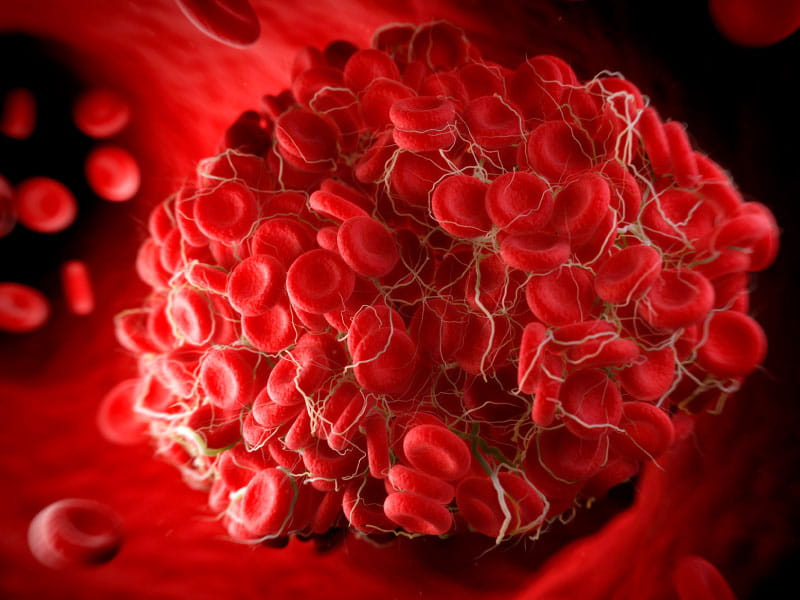WHAT IS VITAMIN K?
Vitamin K is present in two forms: phylloquinone, which is prevalent in green leafy vegetables such as collard greens and kale, and menaquinones, which are found in certain animal and fermented foods and may be produced by gut bacteria. This fat-soluble vitamin is needed for protein synthesis, which is required for blood clotting (e.g., prothrombin) and bone health (e.g., osteocalcin). Contrary to other fat-soluble vitamins, vitamin K is rapidly metabolised and eliminated throughout the body, including the liver, brain, heart, pancreas, and bones.

WHAT ARE THE BENEFITS OF VITAMIN K?
Vitamin K offers a range of essential benefits in the human body, with its primary functions encompassing blood clotting, bone health, and potential implications for heart disease.
- Blood Clotting: Vitamin K is required for the formation of four of the thirteen proteins required for blood clotting, which is a key mechanism that stops bleeding and promotes wound healing. Individuals prescribed anticoagulants, sometimes known as blood thinners, to prevent blood clot formation frequently receive information regarding vitamin K. This is due to the fact that vitamin K’s blood clotting action may negate the effects of blood-thinning drugs. Vitamin K levels in the blood are routinely monitored using tests such as prothrombin time (PT), which measures the time it takes for blood to clot.

- Bone Health: Vitamin K plays an important role in bone health by assisting in the formation of critical bone proteins such as osteocalcin, which helps prevent bone deterioration. Higher vitamin K intake has been linked to a lower incidence of hip fractures and low bone density in studies. In fact, women who drink at least 110 mcg of vitamin K per day are 30% less likely to suffer from hip fractures than those who consume less. Regular consumption of green, leafy vegetables such as lettuce can dramatically lower the risk of hip fractures. According to the Framingham Heart Study, higher vitamin K intake is associated with a lower incidence of hip fractures and increased bone mineral density in both men and women. However, clinical trials and meta-analyses have produced contradictory results on the impact of vitamin K supplements on bone fractures, which could be influenced by other bone health factors such as calcium, vitamin D, and exercise.
- Heart Health: The significance of vitamin K in heart health is centred on the creation of matrix Gla proteins (MGP), which play a role in preventing the calcification or hardening of heart arteries, which is a risk factor for heart disease. While research in this area is limited, more research is needed to discover whether a specific dose of vitamin K, above the normal recommendation, may help heart health.
Incorporating Vitamin K into your diet and skincare routine can provide a plethora of health benefits, improving your overall well-being. However, it’s crucial to use vitamin K supplements carefully because too much of it might have negative consequences. Always seek the advice of a healthcare practitioner to ascertain your individual dietary requirements and the most efficient means of obtaining the advantages of vitamin E.
HOW DOES VITAMIN K WORK IN HUMAN BODY?
When vitamin K is consumed by food or supplements, it begins an important journey inside the body and contributes significantly to a number of physiological functions. The process starts when vitamin K is absorbed into the bloodstream in the small intestine. Once ingested, it predominantly performs the role of a cofactor for blood clotting enzymes, notably in the liver. In this role, vitamin K is necessary for the activation of particular proteins that are crucial for the coagulation cascade, such as prothrombin and factors VII, IX, and X. These proteins are modified during this activation procedure, known as carboxylation, which enables them to take part in the production of blood clots.
In addition to being essential for coagulation, vitamin K supports bone health. It facilitates the production of osteocalcin, a protein required for the mineralization of bone. By assisting the addition of carbon dioxide groups, vitamin K activates osteocalcin, allowing it to connect with calcium ions and enhance the incorporation of calcium into the bone matrix.
Vitamin K is now recognised as a crucial ingredient for general skeletal health due to the mechanism that increases bone density and strength. In conclusion, vitamin K travels through the body activating clotting components necessary for blood coagulation in the liver after being absorbed in the small intestine. By facilitating the production of osteocalcin, which contributes to optimal bone mineralization and density, it also plays a crucial role in bone health.
HOW MUCH VITAMIN K CAN A PERSON TAKE?
Age- and gender-specific recommendations for vitamin K intake vary daily, with food sources often supplying enough for the majority of people. As per guidelines, Males should strive for a daily dose of 120 mcg if they are 19 years of age or older, while females in the same age range should aim for a daily intake of 90 mcg. A daily dosage of 90 mcg is also suggested during pregnancy and breastfeeding to meet the needs of both the mother and the growing child.
The recommended vitamin K intake for children varies based on their age. It is advised to speak with a healthcare expert to identify the best dosage for particular ailments or issues. Nevertheless, most people should be able to receive enough vitamin K through a balanced diet, which includes foods high in it such leafy green vegetables, broccoli, and Brussels sprouts.
WHAT ARE THE VARIATIONS OF VITAMIN K?
Vitamin K is also available as:
- Vitamin K1 (Phylloquinone / Phytomenadione) 5% Powder
- Vitamin K2 Menaquinone-7 (MK7) 0.25% Powder
- Vitamin K2 Menatetrenone (MK4) 1.5% Powder
Vitamin K is commonly available in:
- Vitamin K tablets
- Vitamin K capsules
Glentworth Formulations is here to suit your every need. Everything from Tablets, Capsules and Powder blends.
If you are wanting to know more information, please get in contact with us. Either using the contact form or contacting us directly on: [email protected].


